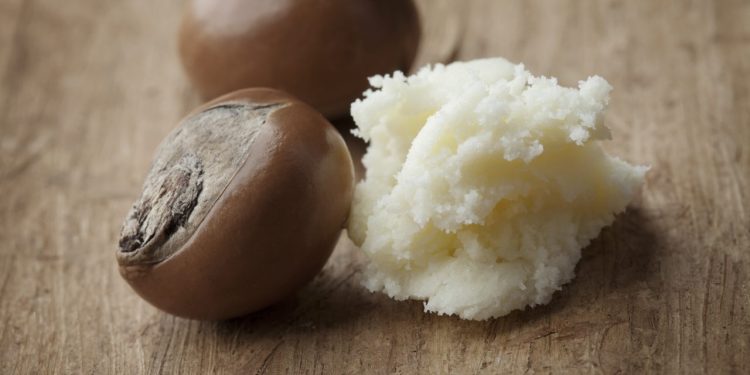Market data has shown that shea nut prices in Nigeria are rebounding and stabilising after an initial decline following the Federal Government’s ban on raw exports. The price movement reflects growing confidence in the local processing sector and early signs that the policy is achieving its intended effect.
Before the ban was announced, shea nuts traded at an average of N850 per kilogram. In the days immediately after the policy took effect, prices dropped sharply to around N570 per kilogram, as traders and exporters adjusted to the new restrictions.
By mid-September, however, prices had recovered to N710, and by the end of the month were hovering around N800 per kilogram. As of today, market prices have climbed to approximately N1,000 per kilogram, nearly matching or surpassing pre-ban levels.
Analysts attribute the rebound to increased domestic absorption by local processors, who have stepped in to take advantage of the surplus previously earmarked for export. The trend also aligns with the objectives of the 30% Value Addition Bill, championed by the Raw Materials Research & Development Council (RMRDC) and passed by the Senate in July 2025.
The legislation, now awaiting concurrence in the House of Representatives and Presidential assent, seeks to ensure that no raw material of Nigerian origin is exported without at least 30% domestic processing—a policy expected to strengthen local industries and create more jobs in the value chain.















